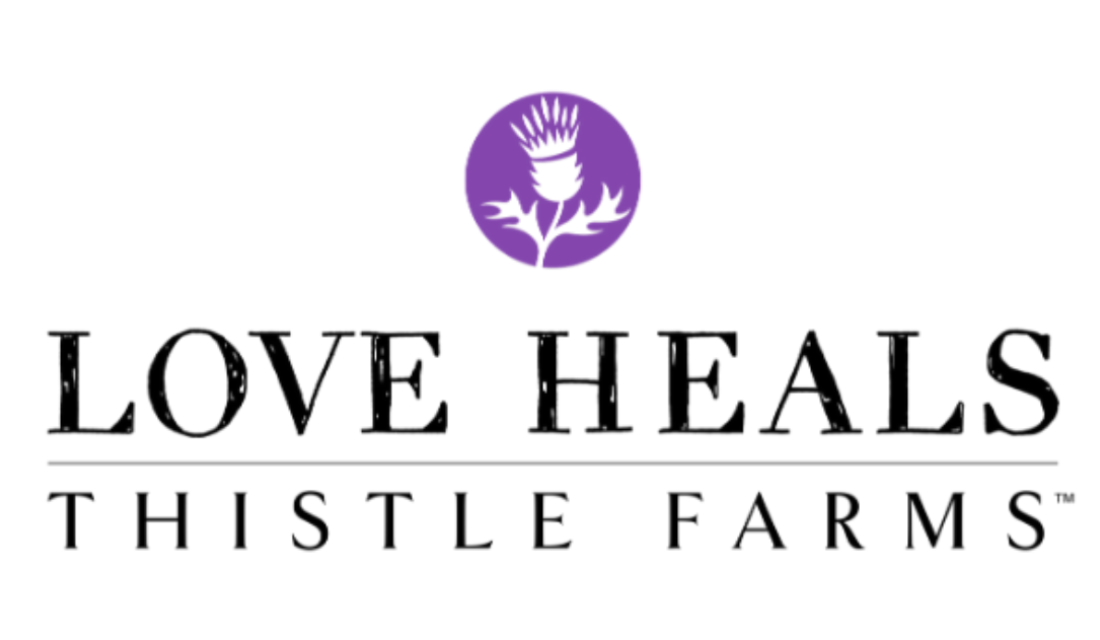ACTION 13: DIALOGUE ON HOUSING INSECURITY AND GENDER

Faith
“For I was hungry and you gave me food, I was thirsty and you gave me something to drink, I was a stranger and you welcomed me, I was naked and you gave me clothing, I was sick and you took care of me, I was in prison and you visited me.” Then the righteous will answer him, “Lord, when was it that we saw you hungry and gave you food, or thirsty and gave you something to drink? And when did we see you a stranger and welcomed you, or naked and gave you clothing? And when did we see you sick or in prison and visited you?” And the king will answer them, “Truly I tell you, just as you did to one of the least of these who are members of my family, you did it to me.”
Matthew 25:35-40
Fact Sheet
- One of every four homeless women in the United States is homeless because of violence committed against her.
- More than 92% of homeless mothers have experienced severe physical and/or sexual abuse during their lifetimes.[1]
- In many major cities around the country, domestic violence is cited as the top reason for homelessness among families with children.[2]
Reflection and Action
Faith-based communities dedicated to serving survivors of gender-based violence (GBV) are located throughout the U.S. One such resource is Thistle Farms, located in Tennessee. This Episcopal organization assists survivors of domestic violence through a two-year residential program that provides safe housing, a meaningful job and a support system of other survivors.
Our partner, The Anglican Church of Burundi (PEAB), refers women experiencing GBV to government-run safe houses for shelter and medical care, including psycho-social support. PEAB also engages and enrolls survivors of GBV in workshops on financial security. In 2019, it formed five savings groups, with approximately 25 members in each. Some group members are using their savings for group income-generating projects.
These opportunities for shelter and financial empowerment, coupled with the social networking and cohesion that group membership in savings and loans programs provides, build the social and financial-support systems that can help prevent violence against women and children, as well as improve the lives of women already affected by such violence.
Footnotes
[1] https://www.greendoors.org/facts/family-homelessness.php
[2] ibid.


